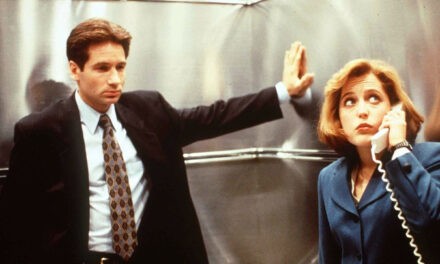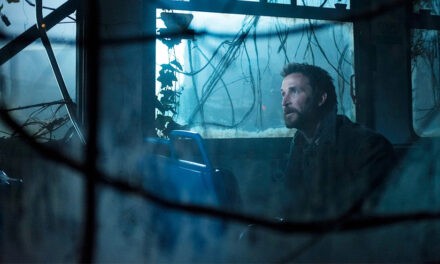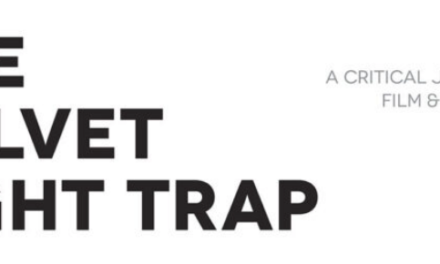English-language television comedy is circulating transnationally more than ever before, as Americans watch the Irish comedy Moone Boy on Hulu and British comedy panel shows like Have I Got News For You on YouTube; Netflix brings the BBC’s Miranda and RTE imports CBS’s 2 Broke Girls to Irish shores; the most popular sitcom on British television, Mrs. Brown’s Boys, is created by an Irish performer; Australia’s Please Like Me defied low ratings at home and rode overseas acclaim all the way to an International Emmy Award nomination; and the most critically acclaimed sitcom airing transatlantically is the US-UK co-production Catastrophe, which takes place in London and features American and Irish comedians as its lead performers. However, as Brett Mills and Erica Horton write, “Despite globalization and complex international circuits of culture the significance of nation remains central to television in terms of content, production, and purpose” (Creativity in the British Television Comedy Industry, Routledge 2017, 3). This statement resonates more for comedy than other television genres given that humor is often steeped in transgressions of nationally defined social norms and satire draws upon knowledge of culturally specific identities and politically relevant topics. So where do national cultures of English-language television comedy stand in this era of burgeoning transnational flows?
The University of Notre Dame’s London Global Gateway will host a symposium on this topic during the Fall 2017 semester. Accordingly, the symposium’s organizers invite proposals for 20-minute presentations on national cultures of television comedy within and across such countries as the United States, Great Britain, Ireland, Australia, and Canada. Questions symposium papers could address include: To what extent are national origins and identities still embedded within the DNA of television comedy emerging from these individual countries? What qualities define the distinctive essence of American humor, British humour, and greann Éireannach on television today? What comedic and narrative elements find resonance transnationally, and what are audiences responding to in television comedies that originate from countries other than their own? How might issues of race, gender, class, and nationality either resonate or recede as a series circulates internationally? In an era when American remakes like The Office, Getting On, and Veep have found appreciative audiences, is even the notoriously challenging U.S.-to-U.K. adaptation process getting easier? How do TV comedies from smaller-market countries carve out a presence in dominant markets like the U.S. and U.K.? How have changing modes of production, methods of distribution, and economic climates affected television comedy content in these countries? What aesthetic, cultural, political, and industrial catalysts are most relevant to all of these developments?
The symposium will take place at the University of Notre Dame’s Global Gateway academic center in London on November 16 and 17. The event is co-sponsored by the School of English, Drama & Film at University College Dublin and the Department of Film, Television, and Theatre at the University of Notre Dame and co-organized by Christine Becker and Jorie Lagerwey. A university press-published collection is expected to emerge from this gathering. Funds to offset travel and lodging may be available but cannot be guaranteed until a later date.
To be considered for participation in the symposium, please submit a 250-word abstract appropriate for a 20-minute presentation plus a 150-word biography to Christine Becker at cbecker1@nd.edu no later than August 1, 2017. Please direct any questions about the symposium to this email address (cbecker1@nd.edu) as well.





